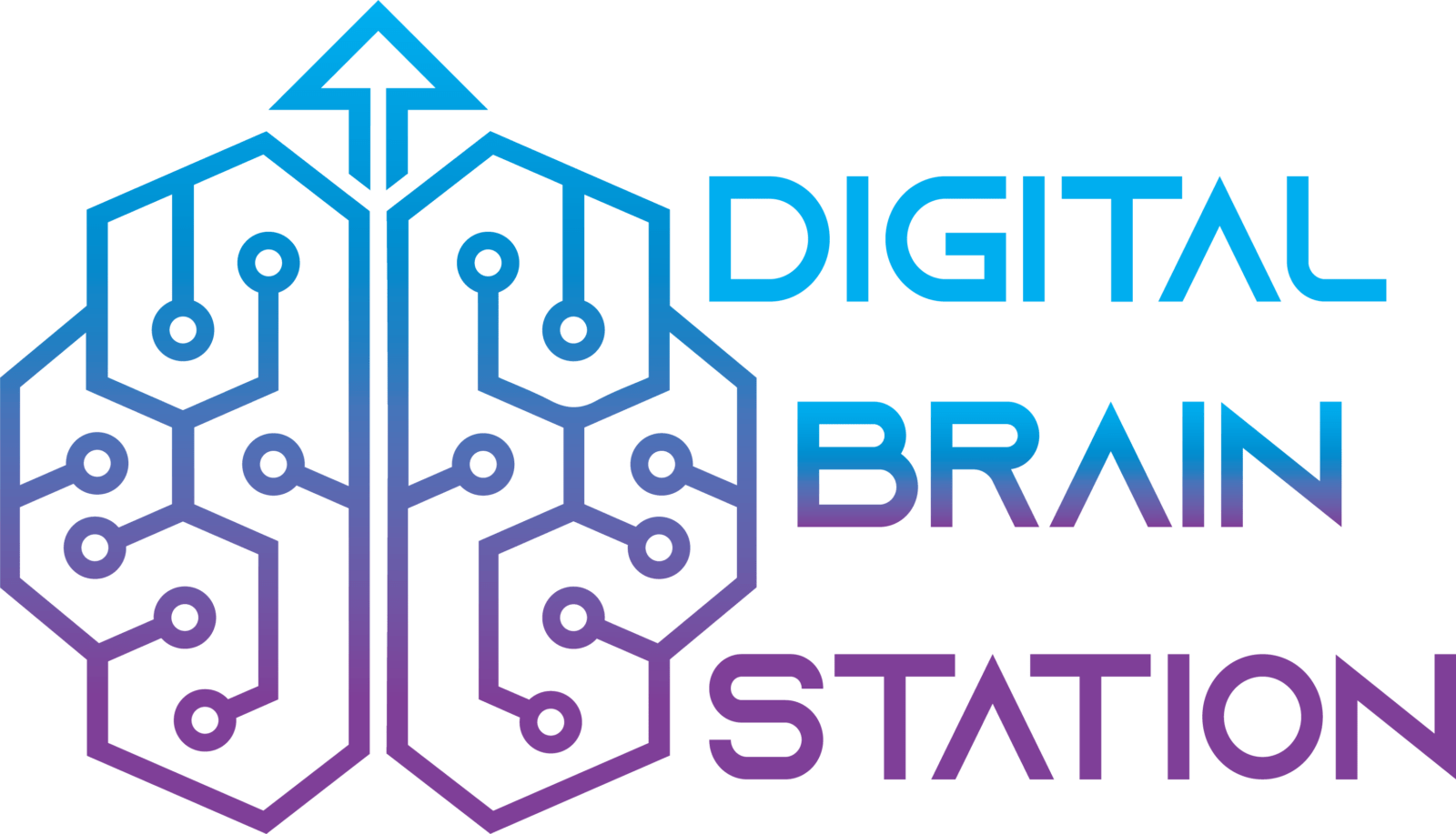Introduction
Hey friends! Have you ever experienced that frustrating feeling of forgetting everything you learned just a few days or weeks after you initially absorbed the information? It’s like you’ve lost all the knowledge you thought you had gained. The worst part is, you can’t even remember what you’ve forgotten. If this sounds familiar, don’t worry, you’re not alone. In this article, I want to share seven simple tips to help you remember more of the things you learn. We’ll also discuss some common mistakes people make along the way. So let’s dive in!
Discover the Map
Tip number one is to discover the map. Imagine learning as if you’re playing a video game. At the beginning, you start in a small portion of the map, and as you explore different areas, you unlock and uncover new territories. The same concept applies to learning. When you approach a new topic or subject, think of it as a vast map waiting to be explored. Before diving deep into one specific area, take the time to understand the broader landscape. For example, if you want to learn about marketing, don’t focus solely on email marketing. Explore other aspects like paid ads, organic strategies, referrals, and affiliates. By having a broad understanding of the map, you can choose which areas to dive into based on your needs. Starting with a zoomed-out perspective allows you to retain information more effectively.
Just-in-time Learning
Tip number two is about just-in-time learning. Instead of learning something “just in case” it becomes useful in the future, focus on learning when it becomes necessary and relevant. In medical school, for instance, students often try to memorize textbooks, learning just in case they encounter certain situations later on. However, a more effective approach is to flip it around. Encountering real-life situations first and then learning about them later helps solidify the knowledge. By applying this principle to other areas of learning, such as marketing, you can gain practical experience before diving into theory. This way, the information you learn becomes more applicable and easier to remember.
Follow your Curiosity
Tip number three is to follow your curiosity. Curiosity is a powerful tool for memory retention. Studies have shown that people who are genuinely curious about a topic are more likely to remember the information related to it. So, whenever you find yourself curious about something, embrace it and dive into learning more about it. For example, if you watch a movie that sparks your interest in a specific subject, take the time to research and learn more about it. By tying learning to your curiosity and real-life experiences, you enhance your ability to remember what you’ve learned.
Share what you’ve Learned
Tip number four is to try your best to share what you’ve learned with others. Teaching or explaining a concept to someone else has been proven to enhance memory retention. The act of sharing helps solidify your understanding of the topic. It doesn’t have to be a formal teaching setting; simply discussing what you’ve learned with friends, family, or colleagues can make a significant difference. By sharing your knowledge, you reinforce the information in your own mind, making it easier to remember.
Share what you’ve Learned Online
Tip number five is to share what you’ve learned online. Writing articles, creating videos, or starting a blog are great ways to share your knowledge with a wider audience. When you explain a concept or teach others, you reinforce your own understanding and memory of the subject. Additionally, sharing your insights online adds value to the world by providing valuable information to others on a similar learning journey.
Low friction Resurfacing
Tip number six is low friction resurfacing. Utilize tools like Readwise, which allows you to highlight and store important information from books, articles, and online sources. By receiving daily email reminders with random highlights, you can revisit and reinforce what you’ve learned. This low-friction approach to resurfacing information keeps your memory fresh and aids in long-term retention.
Active Recall
Finally, tip number seven is active recall. Testing yourself on the information you’ve learned is a powerful way to strengthen your memory. Practice testing, online quizzes, or even explaining the concept out loud to yourself can significantly improve your ability to remember. The act of actively retrieving information from your memory solidifies the connection and enhances your overall retention.
Conclusion
Remember, the key to remembering more of what you learn is not cramming more information into your brain. It’s about actively engaging with the material, sharing it with others, and applying it to real-life situations. By following these seven tips, you’ll be well on your way to becoming a more effective learner and retaining knowledge for the long term.
So, embrace your curiosity, explore the map of knowledge, and share your insights with others. Happy learning!

